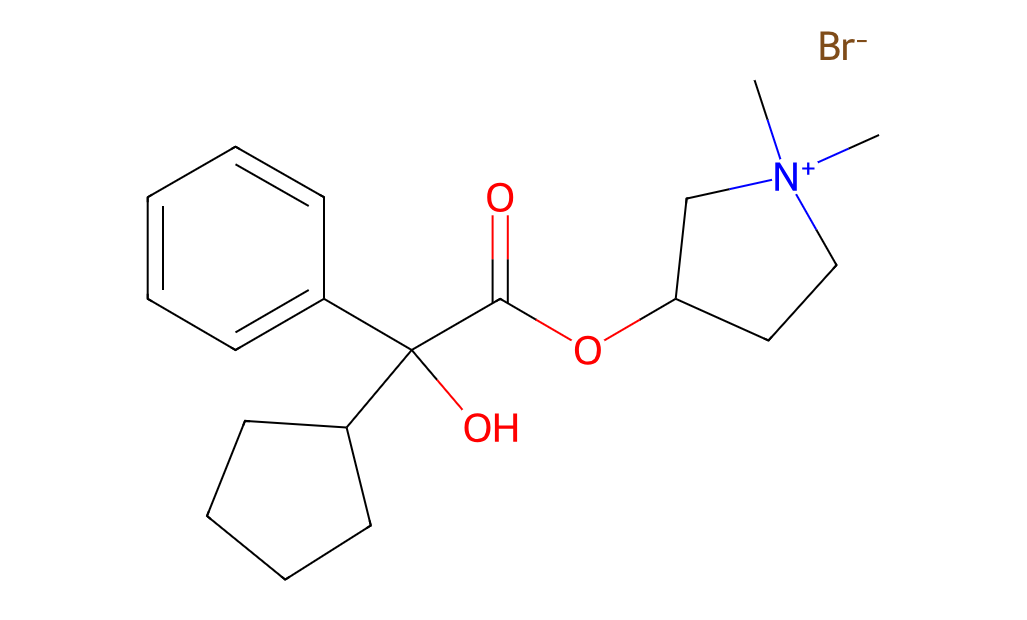- Synthetic anti-infective drugs
- Medications for the digestive system
- Antipyretic and analgesic drugs
- Medications for the blood system
- Medications for the respiratory system
- Anti-allergic drugs
- Medications for the urinary system
- Diagnostic medications
- Immunosuppressive and immunomodulatory drugs
- Vitamins and mineral supplements
- Antioxidants and medications for osteoporosis
- Antiparasitic drugs
- Ophthalmic medications
- Amino acids and their derivatives
- Dermatological medications
- Medications for the circulatory system
- Antitumor drugs
- Medications for the nervous system
- Hormonal and endocrine function-regulating drugs
- Antibiotics
- Others
CAS No.: 596-51-0




Chemical Information:
English Name: Glycopyrronium Bromide
Molecular Formula: C19H28BrNO3
Molecular Weight: 398.34 g/mol
CAS Number: 596-51-0
Pharmacological Effects:
1. Anticholinergic Activity:
o Glycopyrronium Bromide is a quaternary ammonium compound that has anticholinergic properties. This means it inhibits the action of acetylcholine at muscarinic receptors, which are present in various tissues, including salivary glands, stomach, heart, and the smooth muscles of the gastrointestinal and urinary tracts.
2. Reduction of Salivary and Gastric Secretions:
o By blocking the muscarinic receptors, Glycopyrronium Bromide effectively reduces the secretion of saliva and gastric acids. This is helpful in preparing patients for surgery to minimize the risk of aspiration and to treat conditions associated with excessive drooling (sialorrhea).
3. Control of Hyperhidrosis:
o Glycopyrronium Bromide is sometimes used in the treatment of excessive sweating (hyperhidrosis) due to its ability to inhibit cholinergic signals that stimulate sweat glands.
4. Bronchodilation:
o Used in the treatment of chronic obstructive pulmonary disease (COPD), Glycopyrronium Bromide helps to relax and dilate the airways in the lungs, making it easier to breathe. The bronchodilatory effect is due to its anticholinergic activity at the muscarinic receptors in the airway smooth muscles.
5. Preventing Bradycardia:
o During surgery, Glycopyrronium Bromide is used to prevent vagally induced bradycardia (a slow heart rate) that can occur from certain surgical procedures or anesthetic agents.
6. Urinary Incontinence:
o The drug is also employed to treat urinary incontinence by relaxing the bladder muscles and reducing involuntary bladder contractions.

Tai Yau Street, San Po Kong, Kowloon, Hong Kong, China.



